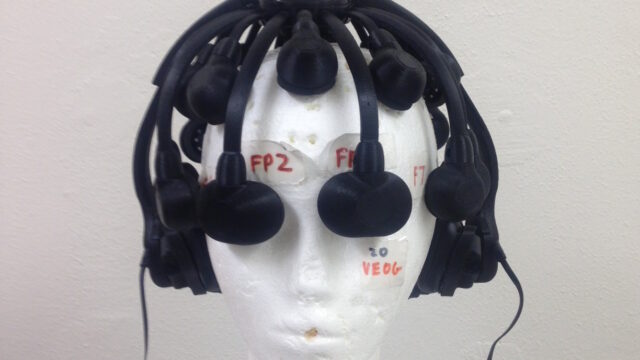Science is under increasing assault by President Trump and his administration. In his most recent decisions to take the malaria drug hydroxychloroquine as a prophylactic for covid-19 and not to wear a mask in enclosed spaces, the President is refuting his own CDC recommendations. This is a pattern of anti-science, anti-medicine, and anti-intellectualism that has characterized this administration from the start. It is a reckless and dangerous stance, and something every scientist and health provider should oppose.
I trained as a scientist. And got a first-hand appreciation for the potential of this discipline to cut through the thicket of opinions, assumptions, hopes, and magical thinking to bring us closer to the truth. I am convinced that science and the scientific method are humanity’s most sophisticated and impactful responses to the world of uncertainty in which we live. Science serves as an efficient way to resolve many of the questions our minds generate.
It works by verifying informed guesses against evidence and using the results as feedback to improve the guesswork. This scientific method involves systematic observation, experimentation, inductive and deductive reasoning, hypothesis testing, theory construction, reductionist and integrative approaches. These are all intellectual achievements of the highest order. They are the jewels of the human intellect, the right and indispensable tools to penetrate the thicket of the unknown.
Using such means, scientists have cured devastating diseases. Their investigations have increased human longevity. They have advanced farming to feed a growing race. And they have raised the standard of living for practically everyone in the planet. These are a few of the many triumphs brought about by science and its methodical approach. Such successes have provided it with an imprimatur of integrity and established an implied understanding that this is a trustworthy discipline.
If asked, most thoughtful people would agree that science, as a process for approaching truth, should be required teaching to our children. It is worth giving it the consideration it has earned. And it deserves defending as critical for the health and well-being of the world at large.
As a neuroscientist, I also realize there are diverse forms of obtaining knowledge, including faith-based methods, intuition, and other ways that complement the objective, scientific approach. Scientists must be modest enough to recognize the limits of the intellectual approach. For one, science cannot deal with ultimate questions; It does not make moral or aesthetic judgments; It is not self-directed since it doesn’t tell us how to best use scientific knowledge; And it doesn’t draw inferences concerning paranormal explanations. When scientists dismiss these domains, and even worse belittle them, they place science at variance with other ways of acquiring knowledge.
Interestingly, our brains use these contrasting styles of thinking, of intelligence, and original ways of knowing. Linear and nonlinear, intellectual and intuitive approaches integrate seamlessly in our mind according to the needs and demands confronted. It’s a lesson that should instruct us when assessing whether to accept science over faith-based evidence or vice versa. President Trump and his allies promote the use of faith-based, magical thinking, and intuition as the primary basis for decision making. They oppose science and intellectual thinking and by doing so create a conflict that isn’t real. The key is to know when, where and under what circumstances to apply such contrasting modes of thinking. That is the sign of a wiser mind.

